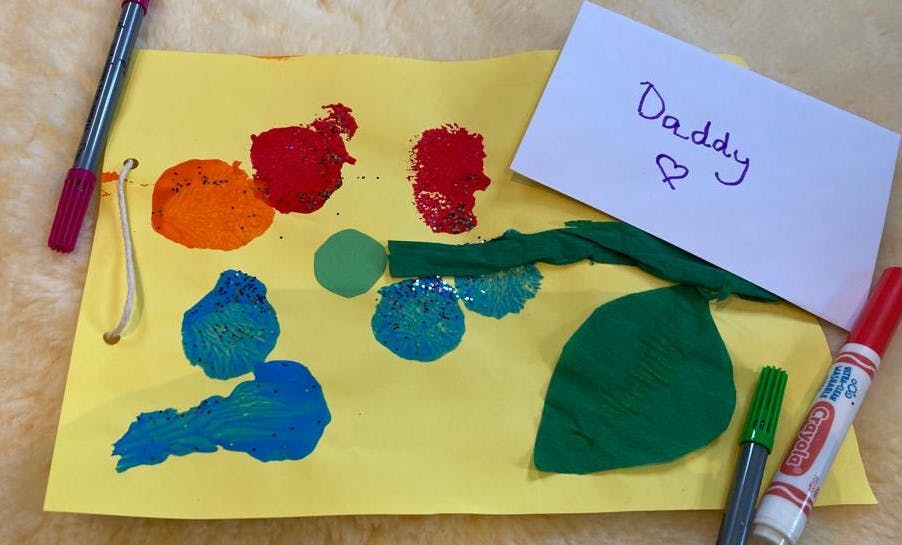
Should Children Attend a Funeral?
Tue Jan 30 2024

Whether to let your children attend a funeral is always a big decision.
And as a celebrant specialising in funerals for families, I get asked for advice from nervous parents all the time. Like with most things the answer is not a simple yes or no. It depends on a couple of very important factors. The first is the child: their personality, their sensitivities, how they cope with new situations, their age. And the second is their relationship with the person that died and how close or distant they were. In this blog, I outline some of my thoughts and opinions based on both my personal experiences and those working with bereaved families. But you know your child the best, and will make the right choices for them and your family.
What is "normal" when it comes to children and funerals?
In the UK, we don't openly talk and experience death as a community, which is very different than in other countries and cultures. This means that there seems to be a lot of hush and secrecy around funerals, death and dying, especially when it comes to children. It also means that children are sometimes not involved in funerals, and may not attend a funeral until they are an adult.
Since 1997, when the two young Princes William and Harry were seen attending their mother Princess Diana's funeral, this has very slowly started to change. Death education is improving, funeral directors are offering more choice, and celebrations of life are becoming a more popular option over a standard funeral. All this considered, it is no longer uncommon to see children at funerals.
My child did not know the person well, should they attend the funeral?
Attending a funeral for a distant family friend they only met a couple of times may be a confusing situation for a child. But for an emotionally intelligent child, attending may be a good way to introduce and educate a child about death and the rituals around dying, before they have to go through it for someone that they are close to.
Does attending a funeral help a child who is grieving someone they loved?
If a child is grieving the loss of someone they were close to, such as a parent, grandparent, sibling or friend, I believe it does, as funerals are such an important part of the grieving process. It is really important for children to see people they trust openly expressing their grief, as it helps to validate the child’s feelings and emotions. It can also help to see their family and community coming together to support each other, as it can help combat the feelings of isolation a lot of bereaved children experience after losing someone they love.
It also gives them the opportunity to say their goodbye's and find the closure that we as adults also seek.
What if the child is too young to understand what is happening?
Toddlers and babies won’t gain anything in the moment from attending a funeral. But it may help them to process their grief later in life by knowing they were there and that they said goodbye, especially if it is the funeral for a close family member like a parent or sibling.
Is there an alternative to a funeral that can help a child grieve and say goodbye?
If you are wanting to help grieving children navigate their grief and say goodbye, but feel attending a funeral wouldn't be right for them, you can have a separate memorial ceremony just for the children of the family. This is a special ceremony that focuses on the children's feelings and needs, and can include crafting, reading poems, writing letters, memory sharing and reflection. If you would like to talk to me about creating and facilitating a special bereaved children's memorial do get in touch.
What is the one piece of advice you would give to someone who is bringing a child to a funeral?
Make sure they are prepared for what they are going to see, hear and experience using simple and factual language. Talk through the practical elements that go into a funeral, and all the emotions and feelings that they may face. There are some amazing books, leaflets and resources available that can help families with this.
For younger children, I always recommend the book “Why Do Things Die?” by Katie Daynes and Christine Pym - the tone, the language, the pictures and the lift-the-flap question-and-answer format is so accessible, friendly and clear. For older children, I signpost to the Child Bereavement UK animated videos, which take the child step by step through a funeral in a factual and compassionate way.
If you enjoyed reading this post, please consider sharing it.










